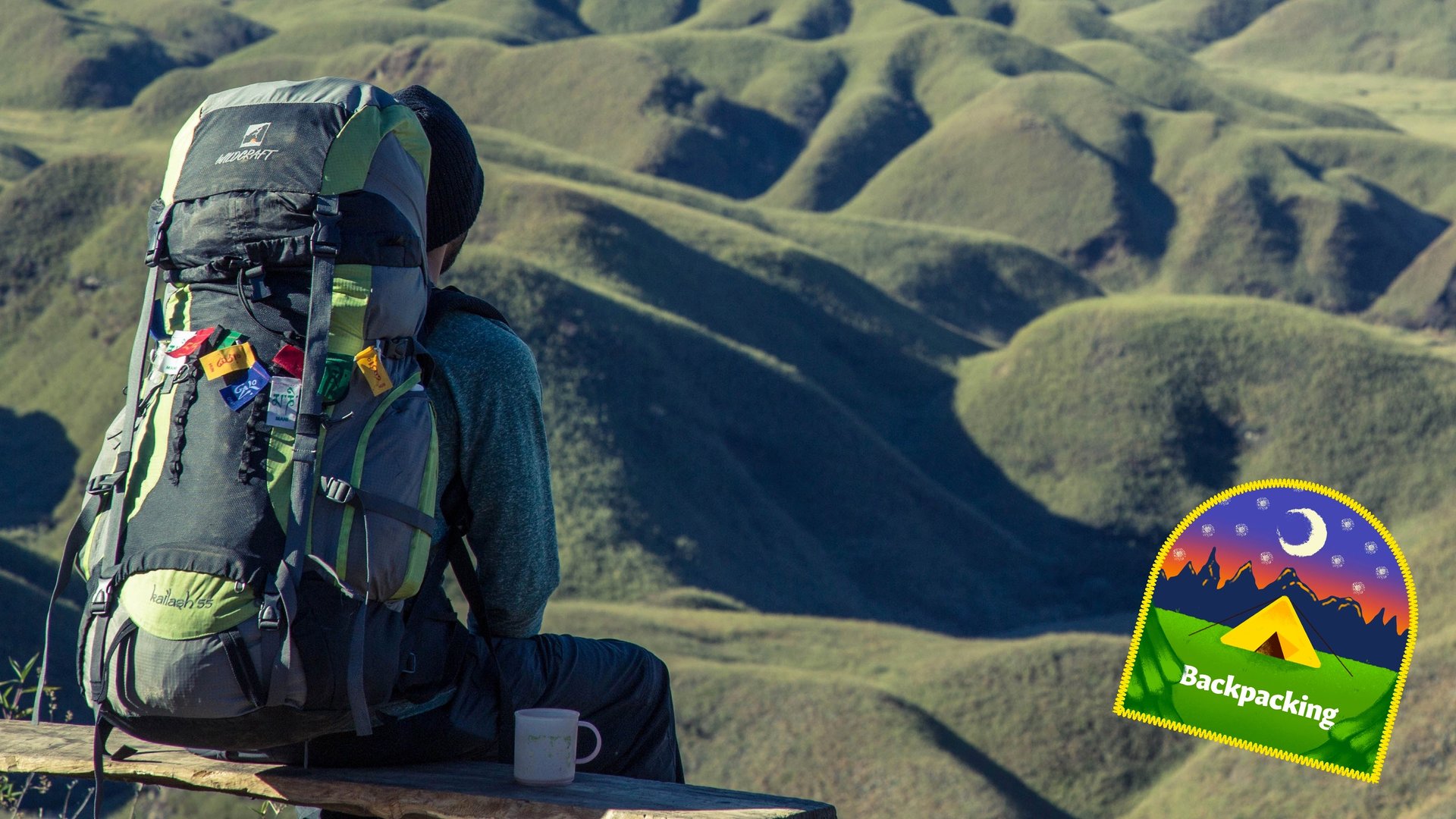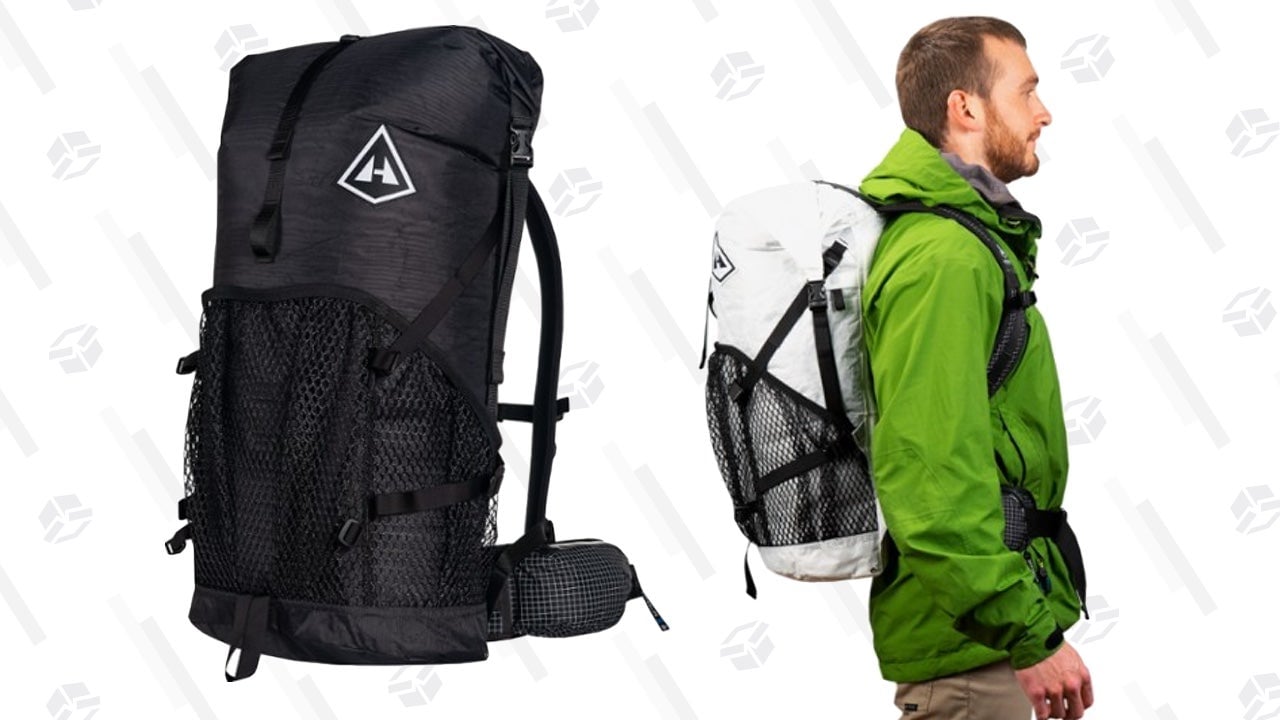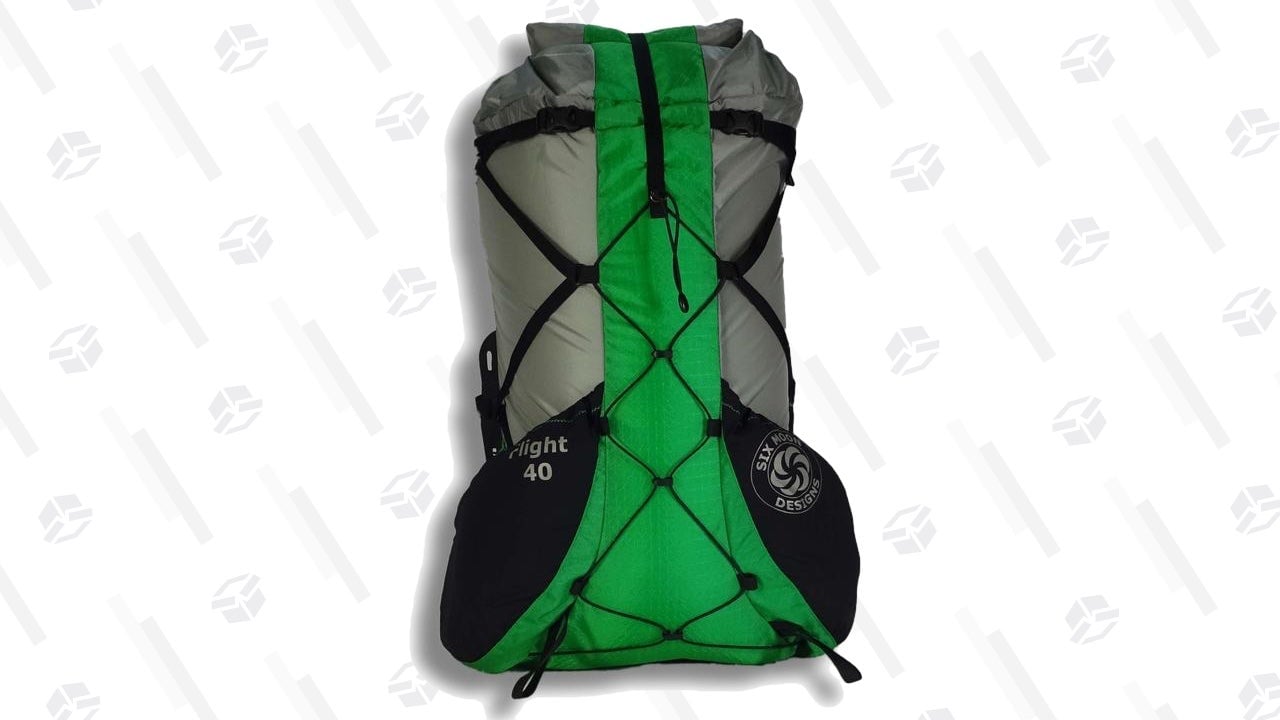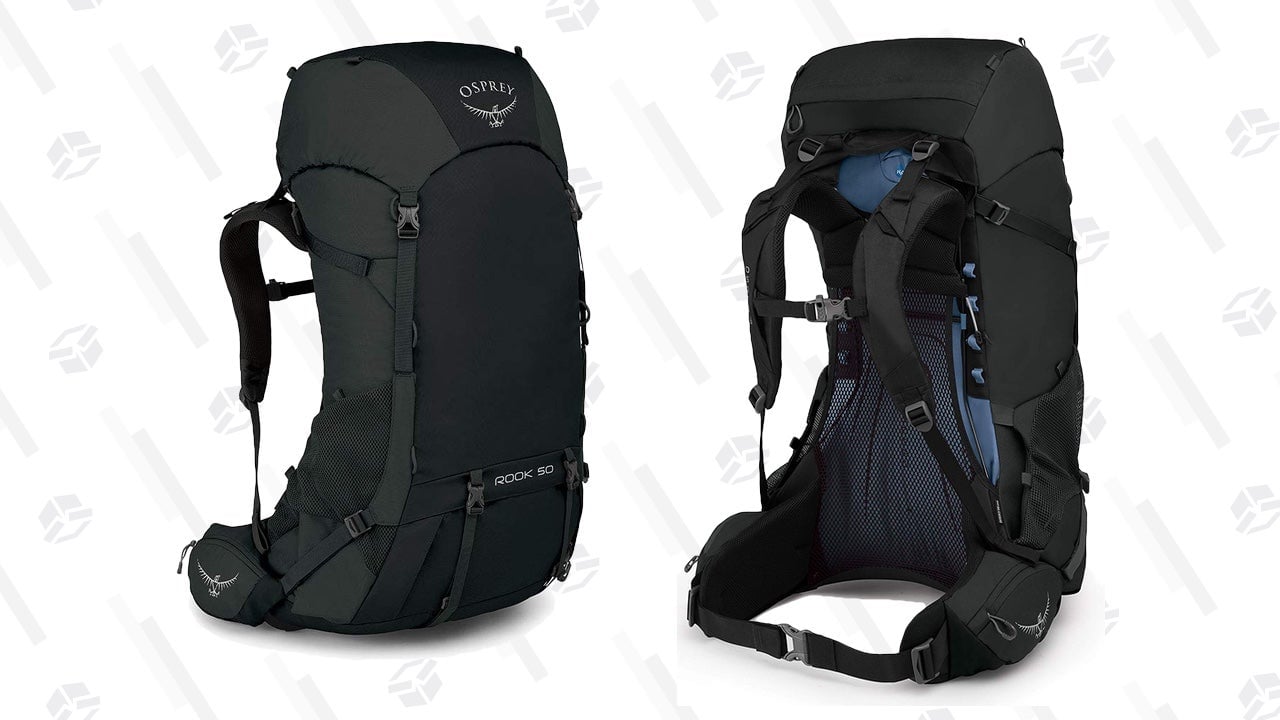How to Buy Your First Backpacking Pack
One of the great beauties of backpacking is its simplicity. Carrying everything you need on your back and getting around on your own feet is a fantastic way to de-clutter your existence for a weekend, with one caveat: you have to get the right pack. If your backpack doesn’t fit your needs or body correctly, every step will be a reminder of your sore body and raw skin, rather than the freedom of the wilderness.

One of the great beauties of backpacking is its simplicity. Carrying everything you need on your back and getting around on your own feet is a fantastic way to de-clutter your existence for a weekend, with one caveat: you have to get the right pack. If your backpack doesn’t fit your needs or body correctly, every step will be a reminder of your sore body and raw skin, rather than the freedom of the wilderness.
Suggested Reading
We spoke with the owner and manager of premier Asheville, NC backpacking shop Blue Ridge Hiking Co for tips to help get you in the right pack. Lindsey Barr is an accomplished backpacker and guide, and has been fitting people for backpacks since 2012. Owner Jennifer Pharr-Davis is a legend in the thru hiking community who set the fastest known time on the Appalachian trail in 2011 (hiking an average of 47 miles a day for 46 days, no biggie), and still regularly tackles impressive endurance feats while also writing, guiding, and running the boutique gear shop. Below are their tips, as well as some of our favorite packs.
Related Content
“My first line questions are what they think they’re going to be doing the most, Barr said. “Do they think they are going to be going on weekend trips? Do they think they’re going to be going on five day trips? Is it winter or summer? Do they live here in the south east or do they live out west? Those kinds of questions target what features would be best for them and those questions tell me specifically the size of pack they may need.”
“If they’re primarily a winter backpacker, they obviously need a larger pack because winter gear is bigger. If they’re only are going to go on weekend trips and always only shelter camp [i.e. not use a tent] then they can probably get away with a smaller pack, so that narrows us down into the general categories,” she added.
“I ask if they’ve tried packs on before, and if there’s anything they particularly liked or particularly didn’t like about them. Is there something they found especially comfortable or something they found especially uncomfortable?” Barr said. Once you have a rough outline of what kind of pack you like, it narrows down your options, and becomes considerably easier to navigate new technologies and features in the packs you are choosing from.

“The weight of the backpack is important,” Pharr-Davis said. “Unless you are winter mountaineering or carrying over 50 pounds, there is no reason you should carry over a four pound pack.”
There are myriad lightweight options between cottage brands and the the big names out there. “There are packs that weigh less than a pound,” Pharr-Davis added. While the highest end ultralight packs come at a premium, their popularity has led to weight reductions all across the mid range spectrum. These days, it isn’t hard to find something in the two and a half to three pound range at a reasonable price.
Our Lightweight Pick: There’s a reason why Hyperlite Mountain Gear packs are so often seen on the backs of Pacific Crest Trail thru hikers. The Dyneema they are built from is tough enough to get dragged through blackberry bushes but is light enough to keep the pack at right around two pounds. Their 2400 Windrider model can swallow enough gear for a walk across our entire country (if you are disciplined about what you bring), and has a mesh pocket on the exterior that is perfect for drying your spork or hand washed undies while you walk.

“The biggest portion of our pack selling process comes from fitting someone. We’re getting them to actually put the pack on and make the adjustments on their body to find out where it is comfortable, how it is comfortable, how it fits, where it fits,” Barr said. “The best pack is the one that fits best. The best backpack on the market is whichever one that fits you and works for what you are doing.”
Our Tough-To-Fit Pick: Six Moon Designs Packs like the Flight 40 allow you to really dial in the fit of both the shoulder straps and hip pads, offering four different options for both. This allows you to really dial in the fit even if you have an extremely long torso and thin waist or shoulders with a steep ramp angle.
Some pack companies will suggest you choose a size based on your height and weight. Choosing by those measurements is a mistake, Barr said. Knowing your torso length, hip width, and shoulder length (as well as angle) are going to serve you much better in fitting a pack. You can measure your torso yourself. “Your torso length is the measurement between your C7 which is the pointy bone on the back of your neck and your iliac crest which is pointiest part on your hip bones on the front your body,” Barr said. Hip width and shoulder width are more self explanatory, but it is important to note how flat or sloped your shoulders are because that will change the type of shoulder strap that will serve you best.
“It doesn’t necessarily feel like a pack specific tip, but a lot of backpackers are water bottle users or hydration bladder users, and you are going to want a pack that fits your needs,” Pharr-Davis said. “If you use water bottles and you can’t manually access the water bottle pocket while the pack is strapped to your back, it’s going to be a really, really, frustrating pack for you.”

“We say pick a day when the weather is not super crappy and use your pack, so you aren’t having to walk around a showroom floor with a fake weight in your backpack. Put your real gear in it, go to a real trail with ups and downs, do at least five to ten miles and see what it feels like and take good care of it,” Pharr-Davis said. “If it doesn’t feel good, you are going to want to return it. Outdoor companies are really good about customer service, and have return policies for something that is in good condition that just doesn’t fit or work for the consumer. We fully encourage the user to test drive their pack to make sure it is the right one.”
Our Budget Friendly Pick: Osprey’s Rook 50 is heavier than the other two suggestions at three and a half pounds but is a great deal at $155 and has an amazing trampoline mesh style back panel that will seriously minimize back sweat. Osprey also has a fantastic return policy so this pack is a great option for a test drive.
